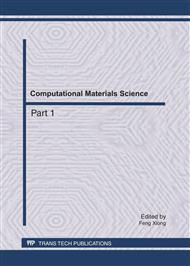p.1755
p.1759
p.1763
p.1768
p.1773
p.1780
p.1786
p.1792
p.1797
An Approach to Capturing Balance between Retrieval Effectiveness and Efficiency
Abstract:
It has been shown that learning to rank approaches are capable of learning highly effective ranking functions. However, these approaches have mostly ignored the important issue of efficiency. Given that both efficiency and effectiveness are important for real search engines, models that are optimized for effectiveness may not meet the strict efficiency requirements necessary to deploy in a production environment. In this work, we present a unified framework for jointly optimizing effectiveness and efficiency. We propose new metrics that capture the tradeoff between these two competing forces and devise a strategy for automatically learning models that directly optimize the tradeoff metrics. Experiments indicate that models learned in this way provide a good balance between retrieval effectiveness and efficiency. With specific loss functions, learned models converge to familiar existing ones, which demonstrate the generality of our framework. Finally, we show that our approach naturally leads to a reduction in the variance of query execution times, which is important for query load balancing and user satisfaction.
Info:
Periodical:
Pages:
1773-1779
Citation:
Online since:
July 2011
Authors:
Price:
Сopyright:
© 2011 Trans Tech Publications Ltd. All Rights Reserved
Share:
Citation:


